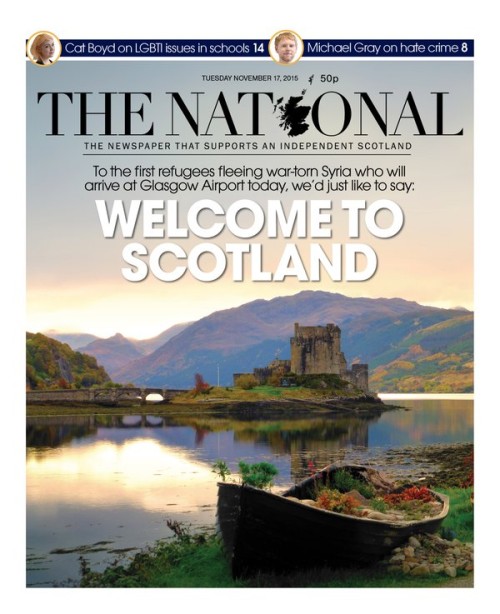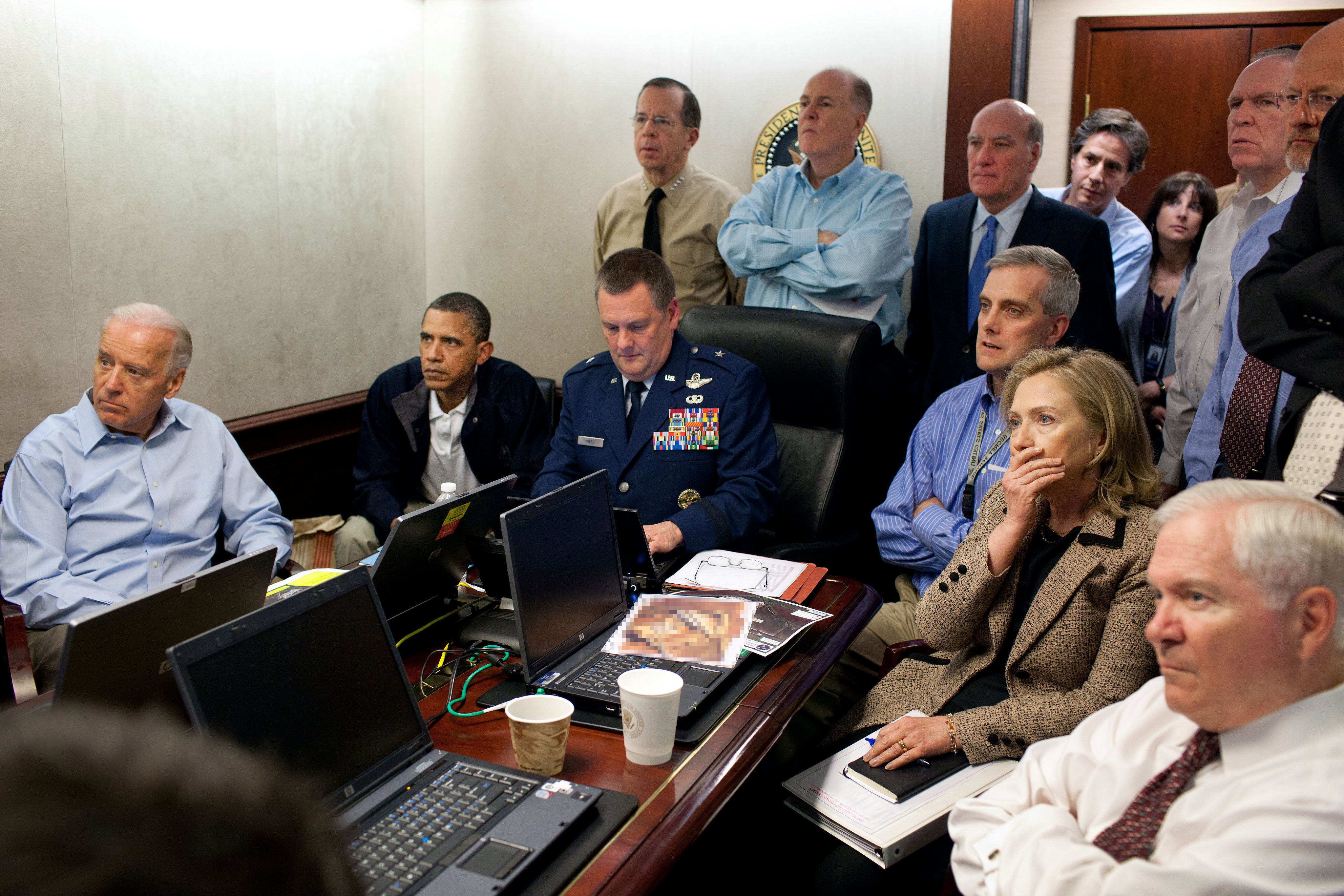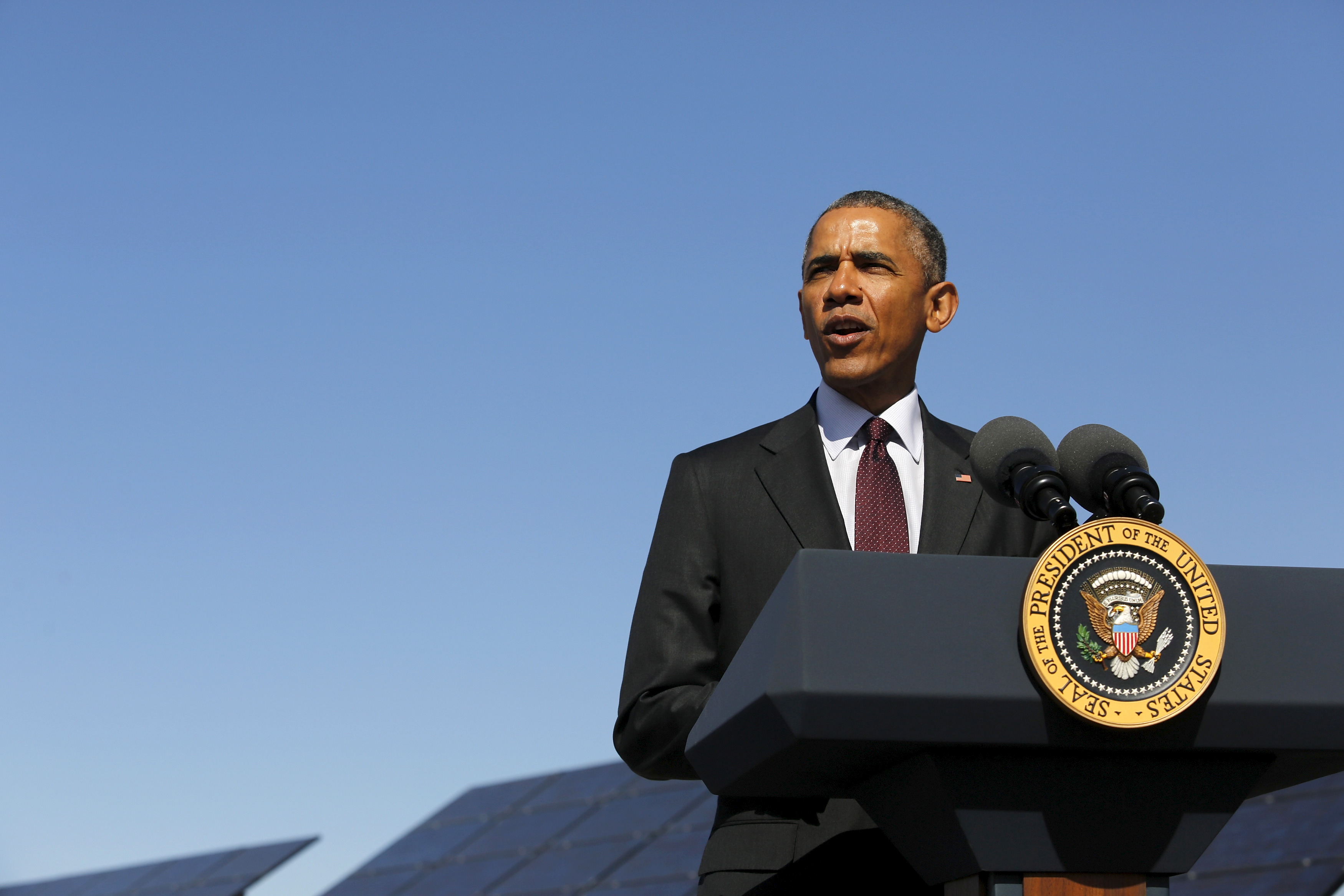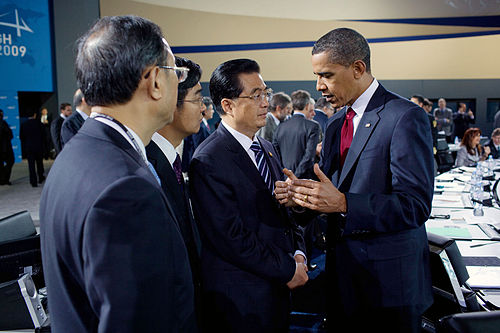The global distribution of material power changes from time to time. It’s something that happens, not something we should spend any amount of time pursuing or avoiding. I say this as someone who thinks the United States has done questionable good and much...








